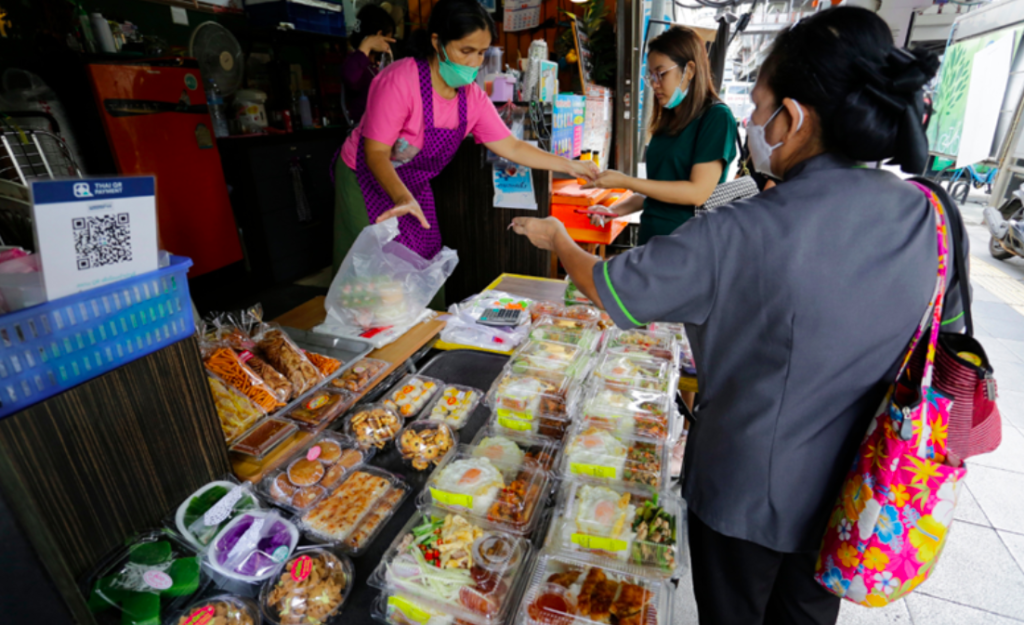Soaring inflation, a protracted war in Ukraine, and heightened uncertainties, on top of the continuing impact of the pandemic and virus mutations, will cause the expected slowdown of APEC’s economic growth this year.
According to a new report by the APEC Policy Support Unit, the APEC region is expected to significantly moderate in the near term to 2.5% in 2022 and 2.6% in 2023 following a 5.9% rebound in 2021.
The forecast reflects sharp downgrades in economic growth for all member countries, in tandem with the rest of the world.
Already reeling from a pandemic that is marked with virus mutations, the world is also dealing with soaring inflation, a protracted war in Ukraine and heightened uncertainty, according to the report.
The economic slowdown is already apparent in Q1 2022 when economic and trade activity in APEC grew at a slower pace.
The manifold of difficulties that the world is facing underscores the importance of preparedness: preparing for the next pandemic or crisis and preparing for a future that is inevitably highly digitalized and greatly exposed to the harmful effects of climate change.
Toward this end, APEC economies need to work cohesively and consistently toward a sustainability and inclusivity agenda that future-proofs economies in the region, according to the report.
“The expected economic moderation in APEC is in line with lower projections for the global economy. Earlier this week we saw the International Monetary Fund revise downward its global GDP forecast for 2022 to 3.2% from 3.6%,” said Rhea C. Hernando, a senior researcher with the Policy Support Unit. “The sharp downgrades in economic growth for China and the US together with an expected contraction in Russia weighed on the APEC region’s prospects.”
Global food and energy prices increased by 23% and 60%, respectively, in June compared to a year ago, contributing to a surge in inflation across the APEC region of 5.4% for the period of January to June this year.
This is the highest inflation rate the region has seen since 2008 when it hit 6.6% at the height of the global financial crisis.
